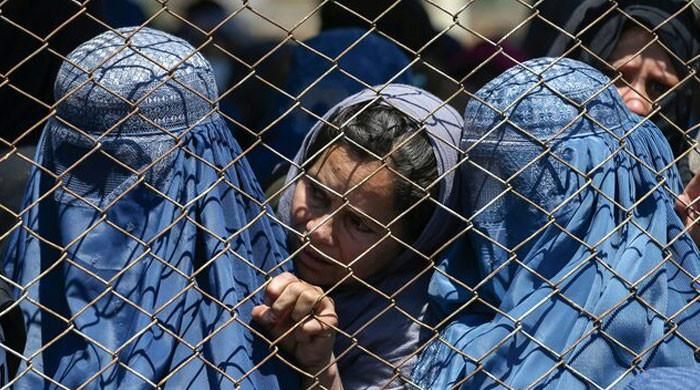KABUL: Afghanistan's Taliban this week formally codified a lengthy set of rules governing morality, ranging from requiring women to cover their faces and men to grow beards to banning car drivers from playing music, the Justice Ministry said.
The rules to be enforced by the Ministry of Morality are based on a decree by the Taliban's supreme spiritual leader in 2022 and have now been officially published as law, a Justice Ministry spokesman said.
The Ministry of Morality, formally called the Ministry for the Prevention of Vice and the Propagation of Virtue, has already been enforcing similar moral requirements and says it has detained thousands of people for violating them. It was not immediately clear whether the publication of the rules would lead to stricter enforcement.
The Taliban's restrictions on women and freedom of expression have drawn sharp criticism from human rights groups and many foreign governments since the former insurgents retook control of Afghanistan in 2021.
Western capitals, led by Washington, have said the path to formal recognition of the Taliban is largely stalled until they reverse course on women's rights and open secondary schools to girls.
The 35-article morality law was officially promulgated and gazetted on Wednesday after being ratified by supreme spiritual leader Haibatullah Akhundzada, Justice Ministry spokesman Barakatullah Rasoli said.
“Under this law, the Ministry (for the Prevention of Vice and Propagation of Virtue) is obliged to promote good and prohibit evil in accordance with Islamic Sharia,” the Justice Ministry said in a statement.
Requirements include requiring women to wear clothing that completely covers their bodies and faces and prohibiting men from shaving their beards, as well as skipping religious prayers and fasts.
Punishments for violations included “counseling, warnings of divine punishment, verbal threats, confiscation of property, detention for one hour to three days in public jails and any other punishment deemed appropriate,” the Justice Ministry added.












